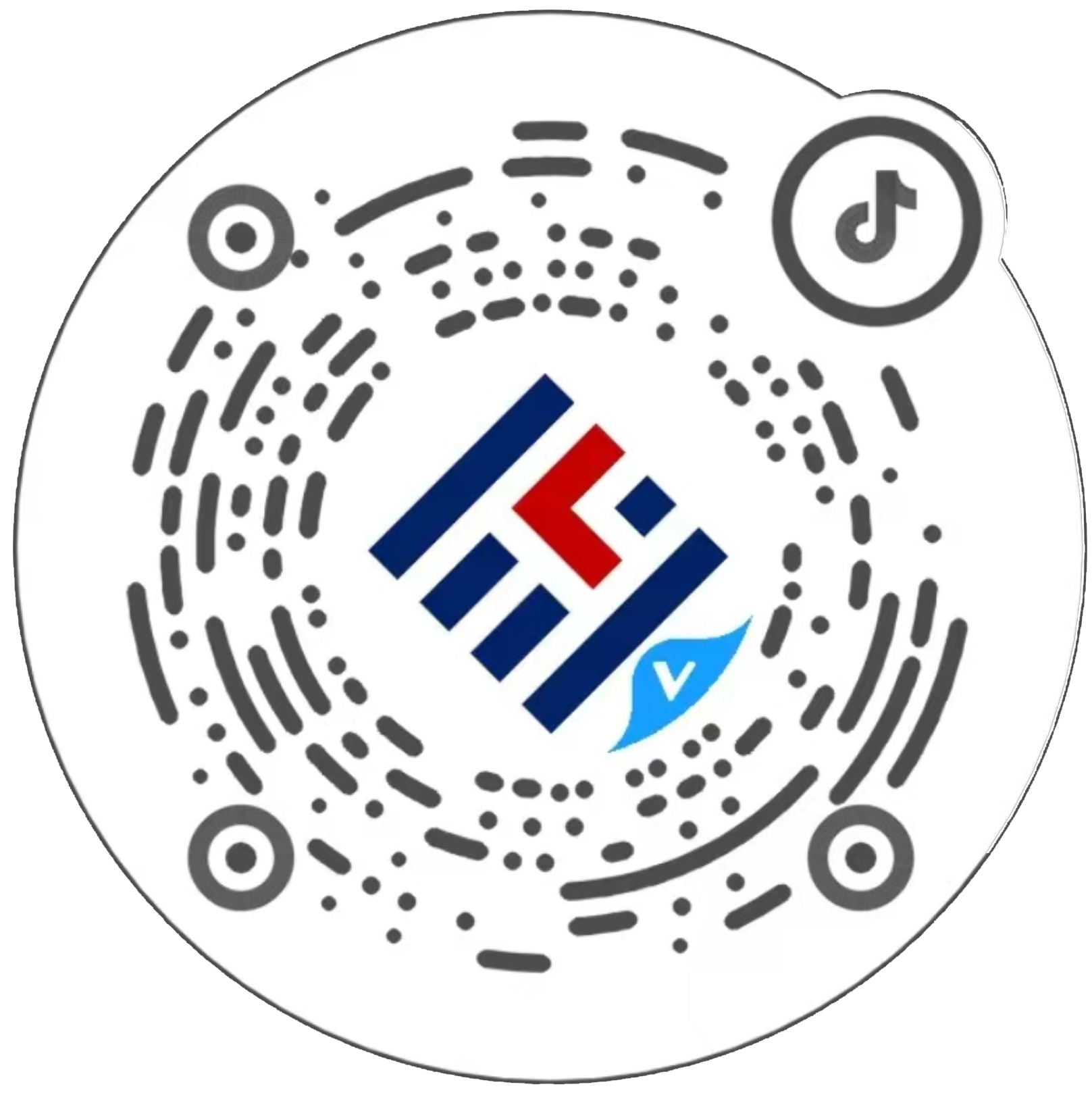
Key Points of Compliance Practice for Social Organizations in Establishing Economic Entities
Author: Lawyer Fu Qiaoyu
The so - called "establishing economic entities" refers to using its own resources to invest in the establishment of companies (enterprise legal persons) or unincorporated business institutions, carry out economic activities, and implement independent accounting and self - financing. As non - profit organizations, social organizations mainly rely on membership fees, donations, and government subsidies for their funds. However, these funds are often insufficient to support their daily operations and carry out more activities. Therefore, social organizations can establish economic entities through legal procedures to broaden their sources of funds, increase income, and supplement activity funds. This article focuses on listing the key points of compliance practice for social organizations in establishing economic entities, helping social organizations better establish and operate economic entities within the legal scope, promote their own development, and thus better achieve their purposes and goals.
I. Compliance of the Subject Qualification for Social Organizations to Establish Economic Entities
Can social organizations invest in establishing economic entities? According to Article 29 of the "Company Law of the People's Republic of China": "To establish a company, an application for establishment registration shall be filed with the company registration authority in accordance with the law." This provision does not exclude social organizations from being the subject of company establishment. As long as the establishment conditions stipulated in the Company Law are met, a company can be established. There are no prohibitive regulations in the regulations and policies on the registration and management of social organizations regarding social organizations establishing economic entities. Moreover, as legal entities, social organizations have certain assets and sources of funds, and theoretically have the ability to invest in establishing companies. Therefore, if a social organization is established in accordance with the law and is in a normal state of existence, and its articles of association allow it to carry out relevant economic activities, the social organization can invest in establishing economic entities.
II. Compliance of the Decision - Making Procedures and Processes for Establishing Economic Entities
According to the model regulations of the articles of association of social organizations, when a social organization jointly establishes an economic entity, it should be studied and discussed by the council and then submitted to the general meeting of members (representative meeting of members) for voting and approval in accordance with the provisions of the articles of association. Since establishing an economic entity is one of the major activities of a social organization, a written report should be submitted to the registration management authority and relevant business departments 30 days in advance as required, and it should consciously accept the guidance of the registration authority and relevant business departments. If the competent business unit has requirements for approval or filing of a social organization's establishment of an economic entity, the relevant requirements of the competent business unit should also be complied with.
[For social organizations directly under the Ministry of Civil Affairs, if they establish economic entities, they should go through the filing procedures one month in advance and submit the business scope, business mode, profit - sharing method, and relevant management measures of the economic entity to be established.
For social organizations of the Ministry of Construction to invest in or acquire shares in economic entities, they must go through the approval of the Community Affairs Office of the Ministry of Construction in terms of procedures, obtain the consent of the council (or standing council) in terms of capital operation, and be regulated in accordance with the relevant provisions of the "Company Law of the People's Republic of China" in terms of the business mechanism. Economic entities shall not use the name of "×× enterprise of the Ministry of Construction" in their business activities.
For economic entities established by national sports social organizations, they should first obtain the approval of the Department of Sports Economy of the General Administration of Sport of China and promptly go through the registration and registration procedures with relevant departments.]
III. Compliance of the Operation of Establishing Economic Entities
According to the "Opinions of the Ministry of Civil Affairs and the Ministry of Finance on Strengthening the Anti - Corruption Work of Social Organizations", when social organizations carry out business service charging projects, they shall not subcontract or entrust enterprises, institutions, or other organizations that have a direct interest relationship with the person in charge of the social organization or the person in charge of the branch (representative) institution to implement. Social organizations should be separated from the economic entities they establish in terms of assets, institutions, and personnel. When there are economic exchanges with the economic entities they establish, they should charge prices and pay fees in accordance with the principle of equivalent exchange. The lawfully obtained income of social organizations shall not be invested in member enterprises for profit - making.
Combined with relevant regulations and policies such as the "Regulations on Regulating the Cooperative Activities of Social Organizations", the following key points should be noted when social organizations establish economic entities:
Compliance of business scope: The business scope of an economic entity established by a social organization should be in line with the purpose and business scope stipulated in the articles of association of the social organization.
Compliance of asset independence and personnel management: Social organizations should establish relevant management systems, be separated from the economic entities they establish in terms of assets, institutions, and personnel, and shall not use the economic entities they establish to force services or charges on members or service recipients.
Compliance of economic exchanges: When there are economic exchanges between social organizations and the economic entities they establish, they should charge prices and pay fees in accordance with the principle of equivalent exchange.
Compliance of internal supervision: Social organizations should strengthen the supervision of the financial situation of the economic entities they establish and regularly report relevant situations to the general meeting of members (representative meeting of members) and the council.
Compliance of business mode: The "Regulations on the Registration and Management of Social Organizations" stipulate that social organizations cannot engage in profit - making business activities. Therefore, social organizations and their branches do not accept the attachment of various economic entities, and branches are not allowed to invest in establishing economic entities.
Compliance of taxation and supervision: Economic entities must pay taxes in accordance with the law and abide by tax regulations. At the same time, they should accept the supervision of the social organization registration management authority, the competent business unit, and relevant market supervision departments, and carry out information disclosure and reporting as required.
IV. Compliance of the Financial Management of Establishing Economic Entities
According to relevant regulations and policies such as the "Regulations on the Financial Management of Social Organizations in Shenzhen", social organizations that establish economic entities and other institutional entities should implement the principle of independent accounting and self - financing. Social organizations should supervise these entities to strictly abide by national laws and relevant regulations, operate legally, and pay taxes in accordance with regulations.
A. Key Points of Compliance for the Financial Income of Economic Entities
The operating income and dividend income from shares of established economic entities are one of the sources of the financial income of social organizations, and must strictly follow and implement the relevant national charging policies. The key points of compliance include the following two points:
A social organization can withdraw a certain amount of funds from the economic entity it solely invests in each year, and the proportion shall be at least not less than 20% of the annual after - tax profit.
For entities such as research institutes, schools, publishing houses, magazines, and centers established by social organizations with the approval of relevant departments, the social organization can charge a certain amount of management fees from the above - mentioned entities through a written agreement.
B. Key Points of Compliance for the Financial Expenditure of Economic Entities
The cost expenditures of establishing economic entities and other institutional entities are one type of the financial expenditures of social organizations. The key points of compliance include the following three points:
Social organizations should prepare budgets based on the principle of balance of income and expenditure with a slight surplus. Among them, the business activity expenses (including the cost of paid services) shall not be less than two - thirds of the total expenditure, and the personnel expenses and management expenses shall be limited to within one - third.
The expenditures of social organizations for investing in the establishment of economic entities and institutional entities and acquiring shares in other economic entities shall be disbursed from the career development fund.
Social organizations can withdraw the career development fund, employee welfare fund, and employee incentive fund according to the balance of funds. The withdrawal ratio is 50% for the career development fund, 25% for the employee welfare fund, and 25% for the employee incentive fund.
At present, the number and economic scale of social organizations in China are constantly increasing. When social organizations establish economic entities, more attention should be paid to ensuring compliance in many aspects, such as subject qualification, decision - making procedures and processes, business scope, asset independence, personnel management, financial management, taxation, and supervision. This is to ensure that social organizations and the economic entities they establish can operate steadily within the legal framework, enhance the trust and recognition of members, partners, and the public in social organizations. At the same time, while ensuring that public funds, social donations, and other resources are not misused, it maximally promotes economic entities to attract investment, expand the market, establish good business cooperation relationships, improve economic efficiency, and make the business achievements of economic entities better serve public welfare and related groups.


























.png)
.png)







